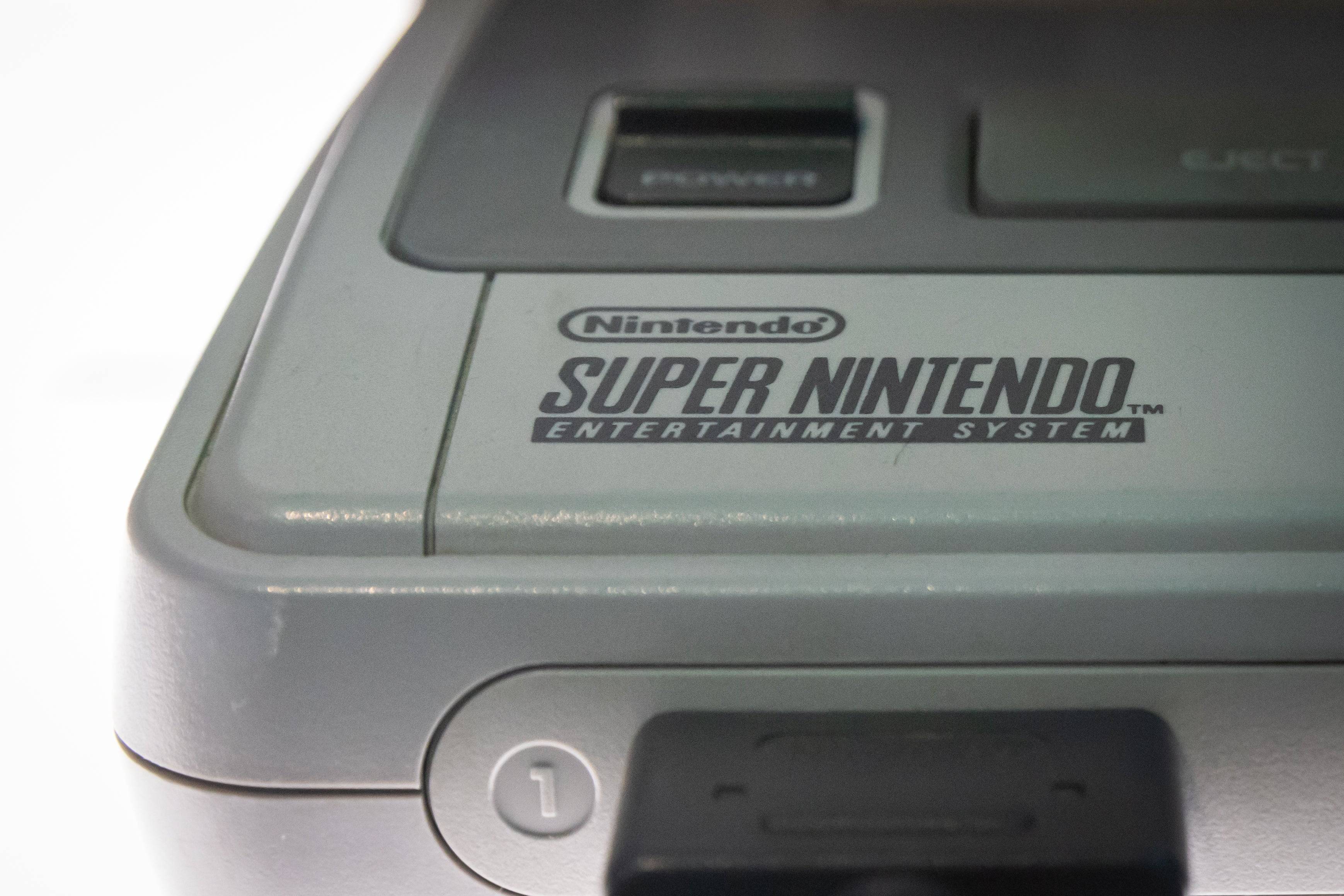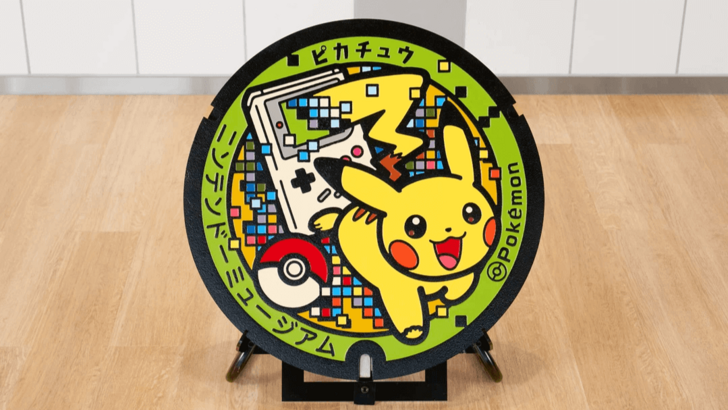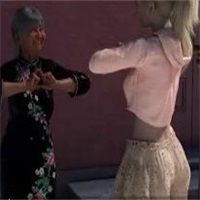"New Discovery Reveals SNES Speeds Up with Age, Baffling Speedrunners"
The speedrunning community is abuzz with a fascinating technological phenomenon: it appears that the Super Nintendo Entertainment System (SNES) is running games faster as it ages. This surprising trend was first highlighted by Bluesky user Alan Cecil (@tas.bot) in early February, suggesting that the nearly 50 million SNES units sold might now offer enhanced performance in games like Super Mario World, Super Metroid, and Star Fox.
The notion of a video game console improving with time may sound far-fetched, but Cecil's research points to a specific component: the SNES's audio processing unit (APU) SPC700. According to official Nintendo specifications, the SPC700's digital signal processing (DSP) rate is set at 32,000Hz, controlled by a ceramic resonator running at 24.576MHz. However, retro console enthusiasts have noted that these specs aren't always accurate. Recordings over the past few decades have shown varying DSP rates influenced by factors such as temperature, affecting how the console processes audio and, consequently, game speed.
 The SNES appears to be getting faster with age. Photo by Aldara Zarraoa/Getty Images.
The SNES appears to be getting faster with age. Photo by Aldara Zarraoa/Getty Images.
Cecil called on SNES owners to record data from their consoles after observing slightly higher DSP rates. The over 140 responses he received indicated a clear trend of increased DSP rates. For instance, average DSP numbers for the SPC700 were around 32,040Hz in 2007, but Cecil's recent findings show an increase to 32,076Hz. While temperature does influence these rates, it's not enough to explain the observed increase fully. In a follow-up Bluesky post, Cecil shared detailed data, noting, "Based on 143 responses, the SNES DSP rate averages 32,076Hz, rising 8Hz from cold to warm. Warm DSP rates go from 31,965 to 32,182Hz, a 217Hz range. Therefore, temperature is less significant. Why? How does it affect games? We do not know. Yet."
Despite these intriguing findings, Cecil acknowledges that further research is necessary to understand the extent and cause of this phenomenon. Historical data on how the consoles performed in their first decade is scarce, but for now, it seems the SNES is aging gracefully as it approaches its 35th anniversary.
The idea of a console speeding up over time has sparked significant interest within the speedrunning community. An SPC700 processing audio faster could potentially reduce load times in certain game sections. This development could challenge decades of leaderboard records, though the impact on games like Super Mario World isn't straightforward.
APU speeds don't directly correlate with visual game speed, and even under the most extreme conditions, these findings might only shave off less than a second from an average speedrun. The effects on different games are still under debate, and there's no clear indication of how longer speedruns might be affected. The speedrunning community's research is still in its early stages, but the consensus is that players have little to fear.
As Cecil continues to investigate what drives the SNES's performance, the console seems to be thriving in its 30s. For more insights into the SNES, you can explore its ranking on the list of best-selling consoles of all time.
- 1 Zenless Zone Zero [ZZZ] Codes (December 2024) – 1.4 Livestream Codes Feb 08,2025
- 2 Capcom Spotlight February 2025 and Monster Hunter Wilds Showcase: Everything Announced Mar 05,2025
- 3 New LEGO Sets for March 2025: Bluey, Harry Potter, and More Mar 06,2025
- 4 Gothic 1 Remake Demo: Frame-by-Frame Comparison with Original May 01,2025
- 5 PUBG Mobile Redeem Codes for January 2025 Live Now Feb 13,2025
- 6 "Assassin's Creed Shadows Unveils Canon Mode" Apr 26,2025
- 7 Roblox's RNG War TD Codes Unleashed (2025 Update) Feb 12,2025
- 8 Pokémon TCG Pocket Unveils Premium Pass and Trade Tokens Apr 21,2025
-
Top Business Management Apps for Android
A total of 10
-
Best Racing Games to Play Now
A total of 10
-
Best Competitive Multiplayer Games on Android
A total of 10

















![Business of Loving [v0.12.5i] [Dead End Draws]](https://imgs.96xs.com/uploads/18/1719555107667e5423ef803.jpg)












